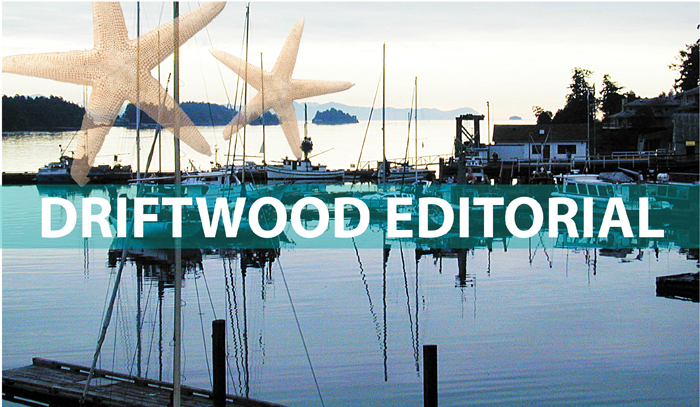Salt Spring’s biggest event of the season gets underway Saturday morning with a simple yet meaningful change to operations.
The annual fall fair regularly sees 10,000 people pass through the gates of the Salt Spring Farmers’ Institute over two days. Many of those people become thirsty after a few hours of music, trophy hall visiting and demonstrations, but this year they won’t find individual water bottles on the menu at any of the vendor stalls. A new water station will have its official debut at this important event, and everyone is urged to remember to bring their refillable bottle.
The Farmers’ Institute is one of the island’s most venerable organizations, dating all the way back to 1895. But while its board members may sport the grey hair common to most island volunteers, and they promote crafts and industries many people no longer do themselves, that doesn’t mean they are stuck in the past.
In fact, these old timers may just be the most forward-thinking organization there is on an island known for its free-spirited culture.
The Pacific Institute found that in 2006, bottled water production required the energy equivalent of 17 million barrels of oil and emitted 2.5 million tons of carbon dioxide.
Recent estimates propose some 480 billion plastic water bottles are purchased globally every year, and many of them wind up in the ocean. Plastic in general accounts for between six and 10 million tonnes of ocean garbage every year. Canada enjoys a relatively high recycling rate, but water bottles that don’t get recycled and instead go into landfills have little chance of biodegrading, and could take up thousands of years to break down completely.
In the past, Salt Spring’s fall fair may have accounted for as many as 4,000 single use water bottles being used over the course of two days. The Farmers’ Institute imposed its ban in part because too many bottle were not making it to recycling and played havoc with lawn cutting machinery.
Removing those bottles from the system entirely is of huge benefit to the island and the world at large. Let’s hope other island institutions will take the good example and jump on bottle reduction the same way so many have successfully banished plastic straws.

